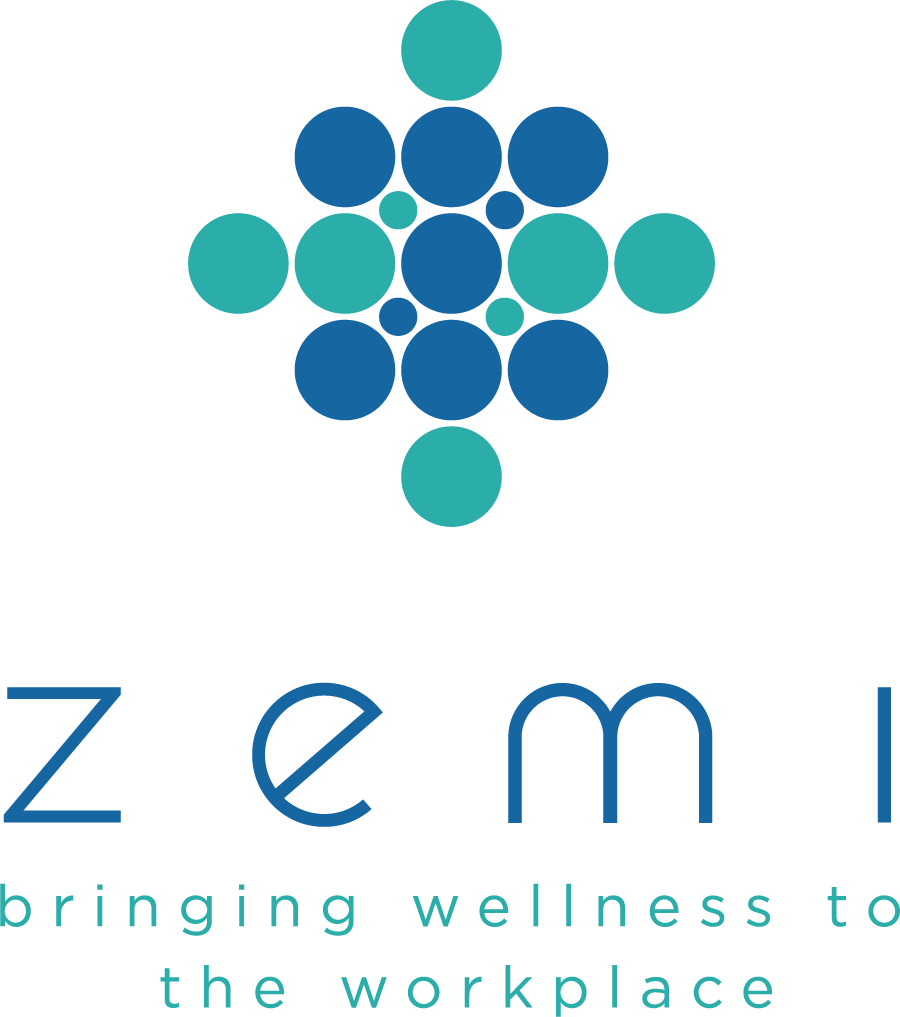How to Trust Sources of Health Information
In today's digital age, access to health information is easier than ever. However, with a plethora of sources vying for our attention, discerning what is trustworthy can be daunting. From studies published in scientific journals to posts on social media, the accuracy and reliability of health information can vary widely. To help you navigate this complex landscape, here are some key factors to consider when evaluating the credibility of health information.
Identify the source
The first step in assessing the validity of health information is to identify the source of the information. The most reputable organizations tend to be those publications and institutions not financially beholden to corporate interests. Reputable health organizations, such as the World Health Organization (WHO), the Centers for Disease Control and Prevention (CDC), and academic institutions typically provide reliable data. Peer-reviewed journals are also credible, as they undergo rigorous scrutiny by experts in the field before publication. Be wary of anecdotal evidence, personal blogs, or social media posts that lack proper citations.
Funding and conflict of interest
One essential aspect to consider when evaluating research is its funding source. Understanding who funded a study can provide insight into potential biases. Research supported by pharmaceutical companies or industry stakeholders may have a vested interest in producing favorable outcomes. Look for disclosures in research papers that indicate funding sources and potential conflicts of interest. Transparency in funding often reflects the integrity of the research.
Check for lobbyist involvement
In addition to traditional funding sources, be aware of lobbyist involvement in health-related research. Lobbyists, such as the food industry or health insurance companies, often represent interests that may influence health outcomes. Investigating whether a study is associated with lobbying groups can help you gauge its objectivity. You can search public databases to find information on lobbyists’ connections with specific studies or organizations.
Consider the evolving nature of science
Health information is not static; it evolves as new research emerges. This can complicate the task of determining which sources are trustworthy. Scientific understanding of diseases, treatments, and health practices often changes, so it’s crucial to remain flexible in your beliefs and stay up-to-date on current findings. Recognizing that recommendations may change over time is part of being an informed consumer of health information. Look for the most current publications for the latest understanding of science.
Evaluate the quality of evidence
When reviewing health claims, it is important to differentiate between anecdotal evidence, expert opinion, and high-quality scientific research. A systematic review or meta-analysis (which combines results from multiple studies) typically offers stronger evidence than individual studies. Familiarize yourself with terms such as randomized controlled trials, cohort studies, and case-control studies to better understand the hierarchy of evidence.
Navigating the labyrinth of health information requires a critical eye and an understanding of what constitutes credible evidence. By evaluating the source, considering funding and conflicts of interest, acknowledging the evolving nature of scientific knowledge, and relying on quality evidence, you can enhance your ability to discern trustworthy health information. Ultimately, informed decision-making is crucial for your health and well-being, so take the time to do your research!

